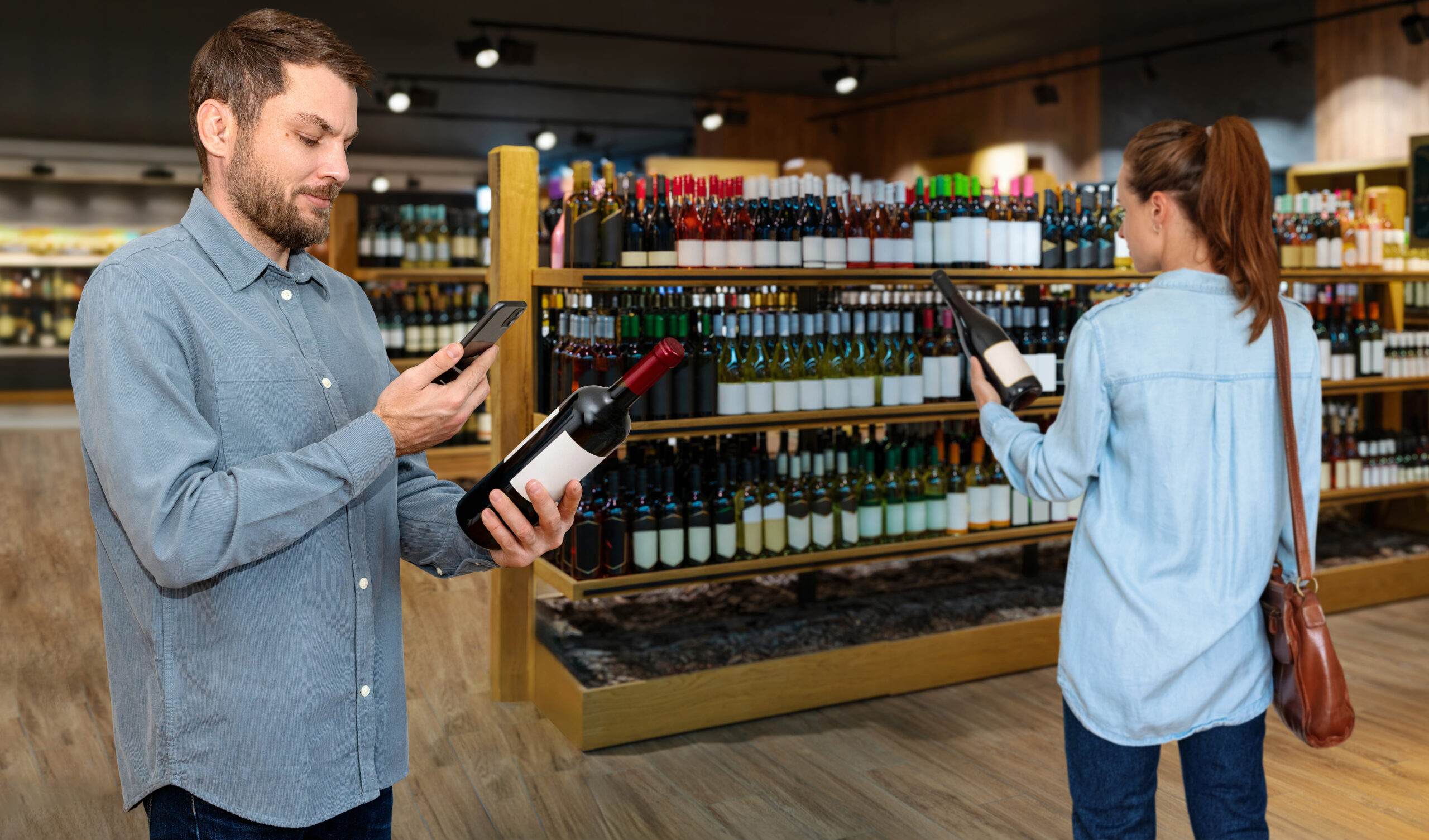Type 48 Liquor License: A Complete Overview
If you’re looking to operate a bar or nightclub that serves alcohol in California, obtaining a liquor license is an essential step in your business journey. Among the various options available, the Type 48 Liquor License is specifically designed for establishments that want to serve alcoholic beverages exclusively to patrons aged 21 and older. This guide will provide you with everything you need to know about the Type 48 liquor license, including its features, the application process, and how it compares to other liquor licenses in California.
What Is a Type 48 Liquor License?
The Type 48 Liquor License is an on-sale general license issued by the California Department of Alcoholic Beverage Control (ABC). It permits businesses to sell beer, wine, and distilled spirits on the premises. This license is particularly suited for bars, nightclubs, and lounges that aim to create a vibrant social atmosphere while serving a variety of alcohol.
Key Features of a Type 48 Liquor License
21+ Age Requirement
A Type 48 license strictly prohibits anyone under 21 years of age from entering the premises, ensuring a mature environment for patrons.
Full Alcohol Service
The Type 48 license allows for the sale of a complete range of alcoholic beverages, including beer, wine, and spirits, providing flexibility in crafting diverse drink menus.
On-Site Consumption Only
Sales are restricted to on-site consumption, which means patrons cannot take their drinks off the premises.
No Food Service Requirement
Unlike other licenses, a Type 48 does not mandate that establishments serve food, making it ideal for businesses that focus exclusively on beverage service.
Transferable
A Type 48 liquor license can be transferred to another individual or location. If your business relocates, the transfer process is straightforward, allowing for flexibility. Additionally, if you decide to close your business, your license maintains its value. At License Brokers, we specialize in assisting clients with the buying and selling of Type 48 liquor licenses, ensuring a smooth transition for both sellers and buyers.
Application Steps for a Type 48 Liquor License
Acquiring a Type 48 liquor license involves several detailed steps to ensure compliance with state regulations. Here’s how to navigate the application process:
Determine Eligibility: Assess whether your business meets the necessary requirements for selling alcoholic beverages at retail. This may include having the right facilities and adhering to zoning regulations.
Obtain Local Approval: Gain approval from your local city or county planning department before applying to the ABC. This may involve securing zoning clearances or a conditional use permit.
Secure a Seller’s Permit: Obtain a seller’s permit from the California Department of Tax and Fee Administration (CDTFA), which is vital for businesses selling tangible goods.
Complete the ABC Application: Fill out the ABC application, providing comprehensive business details, a layout of the premises, and personal information about the applicants.
Pay the Application Fee: After completing your application, pay the applicable fee, which varies based on your location and license type.
Provide Required Documentation: Submit all necessary documents, including fingerprints for background checks and proof of citizenship or legal residency.
Post a Public Notice: After your application is accepted, display a public notice at your establishment for 30 days. This informs the community about your intent to sell alcohol and allows for any objections.
Attend a Public Hearing (If Required): If there are protests regarding your application, you may need to attend a public hearing to address community concerns and provide information about your business.
Obtain ABC Approval: If successful, the ABC will issue a Conditional Letter of Approval, detailing any conditions that must be met before finalizing your license.
Pay the License Fee: Finally, pay the annual license fee to finalize your Type 48 liquor license acquisition.

In summary, understanding the differences between the Type 48 liquor license and other liquor licenses will empower you to make an informed decision about which license best suits your business model. If you’re interested in acquiring or selling a Type 48 liquor license, reach out to us, and we can assist you with the entire process.
How Does a Type 48 Liquor License Compare to Other Liquor Licenses?
While the Type 48 Liquor License is specifically designed for bars and nightclubs that serve alcohol exclusively to patrons aged 21 and older, it’s essential to understand how it differs from other liquor licenses available in California. Here’s a breakdown of several other common liquor licenses to help you determine which option best fits your establishment’s needs:
- Type 20—Off-Sale Beer and Wine: This license is ideal for grocery and convenience stores that wish to sell beer and wine strictly for off-premise consumption. It allows these establishments to sell beverages in their original, sealed containers, catering to small retailers and boutique wine shops.
- Type 21—Off-Sale General: Designed for liquor stores, the Type 21 license permits the sale of a broader selection of alcoholic beverages, including beer, wine, and spirits, for off-premise consumption. This license allows retail businesses to offer a complete range of alcohol options to their customers.
- Type 41—On-Sale Beer and Wine—Eating Place: This license resembles the Type 48 but is limited to selling only beer and wine. It mandates food service, making it suitable for cafes, bistros, and family-friendly dining establishments that want to serve a selection of beers and wines without spirits.
- Type 47—On-Sale General—Eating Place: This license allows the sale of all alcoholic beverages, including beer, wine, and spirits, for on-site consumption. It requires that 50% of the establishment’s revenue come from food sales and permits minors on the premises, making it an ideal choice for family-oriented restaurants.
- Type 75—On-Sale General—Brewpub: This specialized license is designed for brewpubs that brew their own beer while also providing full liquor service. The Type 75 license allows these establishments to sell their beer for both on-site and off-site consumption, along with a complete bar menu. It is particularly advantageous for craft breweries looking to expand their offerings beyond beer. This license was established in 1996 and amended in 2019 by SB 1283 (Bradford).
Buy a Type 48 Liquor License
If you’re interested in buying a Type 48 liquor license, the process can be a mix of straightforward steps and complex requirements. Here’s a step-by-step guide to help you navigate this journey effectively:
Research Available Licenses: Begin by exploring the market for Type 48 liquor licenses for sale. Engage with professionals or liquor license brokers who specialize in this area to gain insights into pricing trends and current availability.
Determine Your Budget: The price for a Type 48 liquor license can vary significantly depending on location and market competition. Be prepared for costs that could range from several thousand to tens of thousands of dollars. Establishing a budget upfront will streamline your search.
Inspect the License: Before finalizing your purchase, verify the legitimacy of the license. Ensure there are no encumbrances, compliance issues, or obligations attached to it that could complicate ownership.
Engage a Brokerage Service: Partnering with a reputable brokerage service like License Brokers can expedite the acquisition process. We specialize in assisting clients to buy a Type 48 liquor license, leveraging our extensive network to find competitive offerings and facilitating smooth transactions.
Completing the Purchase: Once you identify a suitable license, work with your broker to finalize the purchase contract. This may involve due diligence checks and possibly legal reviews to protect your interests.
Transfer the License: After signing the purchase agreement, you’ll need to complete the required applications with the ABC to register the license under your name. This involves paying transfer fees and submitting necessary documentation.
Sell a Type 48 Liquor License
If you’re looking to sell a Type 48 liquor license, License Brokers is here to simplify the process significantly. Here’s how to effectively go about selling your license:
Assessment of License Value: Start by evaluating your Type 48 liquor license. Various factors, including market demand, location, and the unique condition of your business, influence its value. Consult industry professionals to determine a competitive selling price.
Prepare Documentation: Collect all essential documentation related to the license, such as the original license certificate, compliance records, and any relevant business details that could enhance its appeal to potential buyers.
List Your License with a Broker: Consider listing your Type 48 liquor license for sale with License Brokers. Our expertise in the market will help attract qualified buyers, ensuring your license gains the visibility it needs for a successful sale.
Marketing and Negotiation: Allow your broker to handle the marketing and negotiation process. They will manage inquiries and viewings and facilitate discussions with interested buyers to help you achieve a fair price.
Complete the Transfer: Once a suitable buyer is located, License Brokers will assist you in completing the necessary transfer applications with the ABC. This ensures that all parties comply with legal requirements.
Secure Payment: After all legal obligations are met, confirm that you receive payment as agreed upon. It’s crucial to have a clear contract in place to safeguard your interests throughout the transaction.
